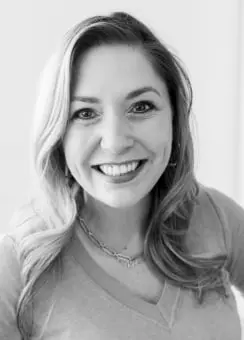
|
 | 1 LU |

|
 | 1 LU |
This workshop is designed to make you rethink your typical response when considering community culture, step out of your comfort zone, and learn how various stakeholders may view success differently. The journey will have you questioning simple answers such as yes and no and enjoy candor with industry experts who help us look at culture and experiences from multiple stakeholder point of views. Through open dialogue and shared goals, we will experience the importance of individual voices while we collaborate and design education spaces that support the development of future learners. Join us as we combine research with design, pedagogy with engagement, and aspirations with functionality. Our panel of industry experts will walk you through what defines success through the lens of a researcher, architect, superintendent, and supplier. You will leave this session with an action item that challenges you to share our learnings with those outside of the conference. We will see how the power of one voice can promote change through meaningful conversations.
Learning Objectives:

Randa serves as Director of Education for Shaw Contract and strives to be a servant leader. She is driven by innovative solutions and is passionate about creating inclusive environments that enhance every learner's experience, understanding that we all learn in unique ways. Randa has more than two decades of public sector experience and a history of providing thought leadership to the education community.

Kelsey is a designer, activist, and leader who is experienced as an educational design professional with an emphasis on education and wellness. Her visions for the future of architecture involve strongly embedded ideologies on designing for equity in the built environment. Through nationally recognized research, she’s an expert on how health and wellness can be implemented for positive change within communities. Kelsey utilizes her passion to design stimulating, future-focused learning environments for Legat Architects.
This track focuses on Resiliency and addresses how learning environments support the development of students and communities that have the strength and flexibility to withstand adversity and adapt to change. The COVID-19 pandemic demonstrated the essential role that schools have in stabilizing communities during a time of crisis. How do schools support the development of strong community culture among teachers and students? How do schools foster physical and mental health and wellness to ensure all are ready and supported to learn? How do we create learning environments that are strong in intent yet adaptable to change? How do we learn from what does not work and further, learn to take risks daily to expand our comfort zone? What can we learn from research and our responses to past events to inform how to build toward a resilient future where we can withstand what crises and challenges the future brings? Topic areas, seen through the lenses of both Art and Science, include sustainability, physical and mental health, community, school climate and culture, safety, and security.
Primary Core Competency
Educational Visioning: Exhibits an understanding of best and next practices related to educational leadership, programming, teaching, learning, planning and facility design. Establishes credibility with educators, community members and design professionals while conceiving and leading a community-based visioning process. Demonstrates the ability to articulate the impact of learning environments on teaching and learning and uses that ability to facilitate a dialogue that uncovers the unique needs and long-range goals of an educational institution and its stakeholders – translating that into an actionable written/graphic program of requirements for the design practitioner.